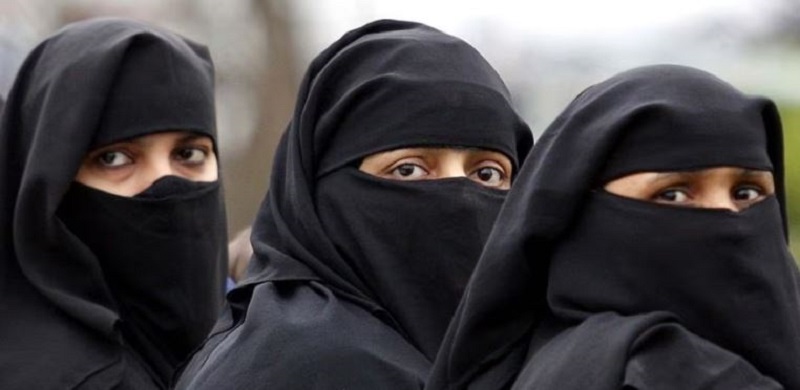Muslim woman challenges Shariat inheritance law; SC agrees to hear the plea
The bench requested Attorney General R Venkataramani to nominate a law officer to assist the court. The matter will be posted next in the second week of July 2024. Read further on Dynamite News:

New Delhi: The Supreme Court Monday issued notice to the Union of India and the State of Kerala, on a writ petition seeking that a person who was born a Muslim but is a non-believer, would not be governed by the Shariat law.
The petition was filed by a Kerala-based Muslim Lady Safiya PM, challenging provisions of the Muslim law of inheritance saying that she was not a believer and hence should be governed by the Indian Succession Act 1925 to inheritance instead of the Muslim Personal Law.
The petitioner is the President of an organization of Ex-Muslims.
A bench comprising Chief Justice of India DY Chandrachud, Justice JB Pardiwala and Justice Manoj Misra, after elaborate discussions, decided to issue notice to the Union and State on the petition, terming it an "important issue".
Also Read |
Plea in SC for bringing political parties under RTI
The bench requested Attorney General R Venkataramani to nominate a law officer to assist the court. The matter will be posted next in the second week of July 2024.
The bench initially was of the view that how can the Court give a declaration regarding the non-applicability of personal law to a person under Article 32 of the Constitution, when the petitioner has not challenged any statutory provision.
The bench also expressed reservations at the petitioner's proposition that the Shariat Act won't govern a non-believer. "The moment you are born as Muslim you are governed by the personal law. Your rights or entitlement are not governed by being a believer or non-believer," CJI Chandrachud said.
Appearing for the Petitioner Advocate Prashant Padmanabhan submitted that as per the personal law, a Muslim person cannot bequeath more than 1/3rd of his properties by way of Will. He pointed out that the petitioner's father is also not a believer.
Also Read |
Supreme Court issues notice to Centre over guidelines banning transgenders from donating blood
The Lawyer said that Muslim women are entitled to only 1/3rd of the share of male heirs.
The CJI pointed out that as per Section 3 of the Shariat Act, a person has to make a specific declaration to be governed by the Shariat law. The Court also pointed out that Section 58 of the Indian Succession Act states that the Succession Act will not apply to Muslims.
Therefore, a void may be created if a declaration as sought by the petitioner is granted. The bench also pointed out that the petitioner has not challenged Section 58 of the Indian Succession Act. (with UNI inputs)
 Dynamite News
Dynamite News 